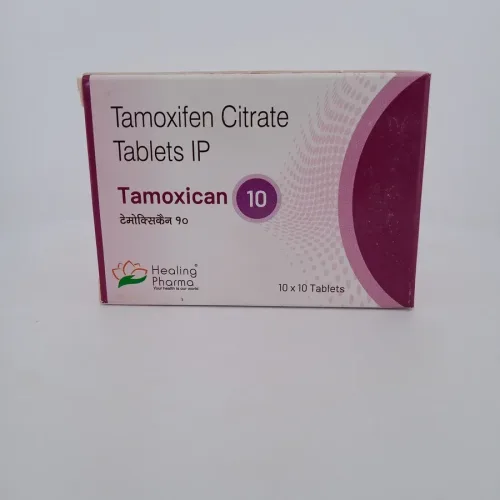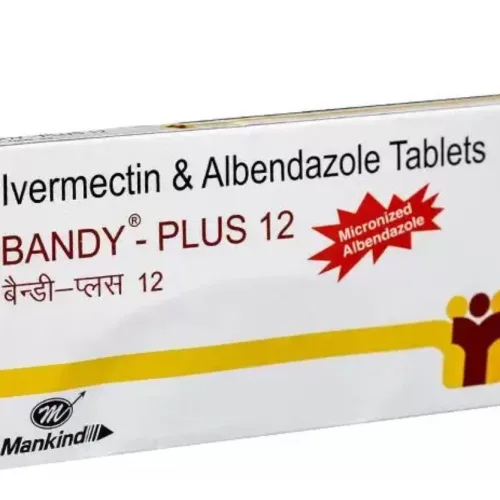we are committed to ensuring complete customer satisfaction.
Welcome to the new AIPCTSHOP! Better design, smoother checkout, and the same reliable delivery you trust.
USD $0.00
Cart TotalNo products in the cart.
Practising safe sex is crucial for protecting your health and your partner’s. Unfortunately, myths and misinformation often confuse. This guide covers the facts and best practices for safer intimacy. Always consult a medical professional before following any health advice or starting a new health plan.
Understanding the Importance of Safe Sex
Safe sex practices protect against sexually transmitted infections (STIs) and unintended pregnancies. They also foster open communication, trust, and respect between partners. Safe sex isn’t just about condoms—it’s about making informed choices that prioritise your health and well-being, ensuring intimacy remains a positive and safe experience.
Myth: You Can Tell If Someone Has an STI by Looking
One common myth is that you can spot an STI based on appearance. In reality, many STIs show no visible symptoms. Relying on looks alone is risky. Regular testing, honest conversations, and protective methods are essential to truly know and reduce the risk of transmission.
Fact: Condoms Greatly Reduce STI Risk
Condoms, when used correctly and consistently, are highly effective at reducing the transmission of most STIs and preventing pregnancy. Both latex and polyurethane condoms offer strong protection. However, no method outside of abstinence is 100% effective, so combining methods enhances safety even further.
Barrier Methods Beyond Condoms
While condoms are the most well-known barrier method, others like dental dams and female condoms provide protection during oral, vaginal, and anal sex. These alternatives help prevent the exchange of bodily fluids, offering broader protection and giving partners more options to maintain sexual health.
Myth: Birth Control Pills Protect Against STIs
Birth control pills prevent pregnancy but offer zero protection against STIs. Many people mistakenly believe otherwise. It’s crucial to combine birth control methods like the pill with barrier protection such as condoms, to guard against both infections and unplanned pregnancies simultaneously.
Fact: Communication Enhances Sexual Safety
Open communication about STI testing history, contraceptive use, and personal boundaries strengthens relationships and promotes safer sexual experiences. Being honest about your health status and asking your partner about theirs fosters mutual respect, informed consent, and better decision-making in intimate situations.
Best Method: Regular STI Testing
Regular testing is a cornerstone of safe sex, even for people in monogamous relationships. Many STIs can remain hidden without symptoms for months or years. Routine testing ensures early detection, prevents serious health complications, and reduces the chance of unknowingly passing infections to others.
The Role of Vaccinations in Safe Sex
Vaccines like those for HPV and hepatitis B provide critical protection against specific sexually transmitted infections. Getting vaccinated early, ideally before becoming sexually active, dramatically lowers the risk of serious diseases. Vaccinations are a powerful yet often overlooked tool in comprehensive sexual health strategies.
Myth: Withdrawal (Pulling Out) Is a Reliable Protection Method
Pulling out before ejaculation (withdrawal method) is not a reliable form of protection against pregnancy or STIs. Pre-ejaculate fluid can still contain sperm and infectious agents. Relying solely on withdrawal leaves significant room for error, making it an unsafe choice compared to other proven methods.
Combining Methods for Maximum Protection
Using multiple protection strategies—such as combining condoms with hormonal birth control—offers the best defence against both pregnancy and STIs. Layering methods significantly increase effectiveness, providing peace of mind and reinforcing a proactive approach to sexual health and well-being.
Conclusion
Practising safe sex empowers individuals to take charge of their sexual health, prevent infections, and build trust in relationships. Being informed and prepared makes all the difference. Always consult a medical professional for personalised advice and care.
Popular Post
Genetic Factors Behind Hair Loss
October 17, 2025
The Importance of Regular Sexual Health Checkups
August 15, 2025
Skincare Mistakes to Avoid
September 5, 2025
Preventing Hair Thinning Naturally
October 17, 2025
















